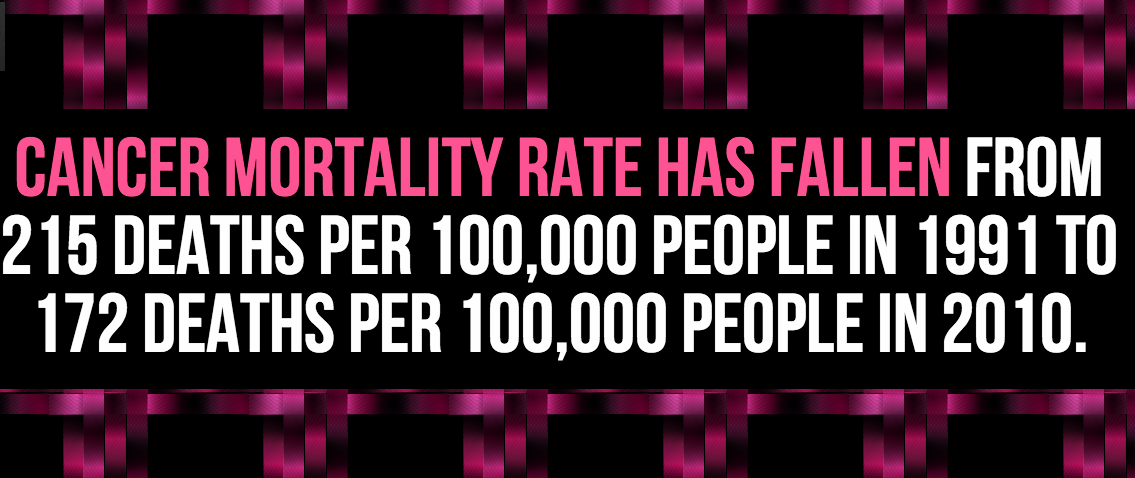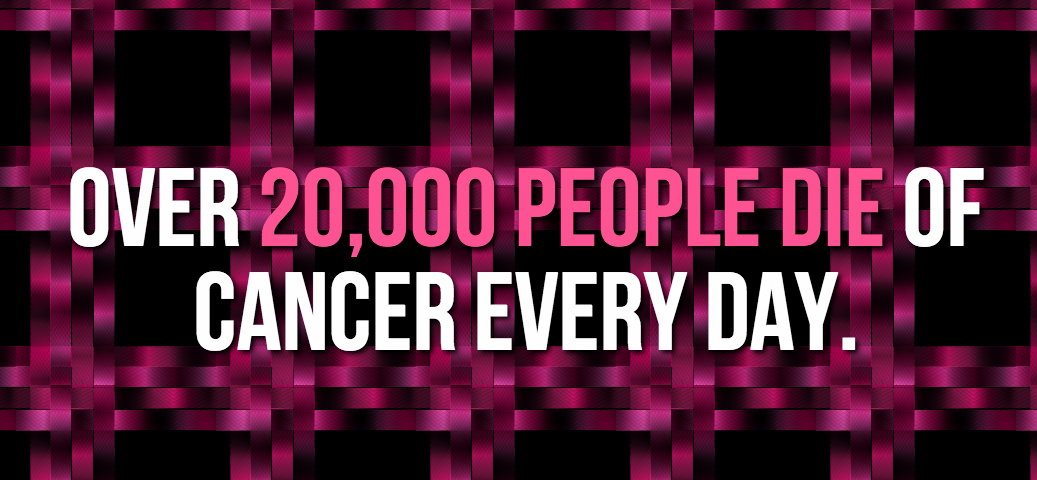Caleb Wilde
(218 comments, 980 posts)
Posts by Caleb Wilde
Ten Gift Ideas for the Morbid Friends in Your Life
Click the title of the item and it will link you to the site where you can purchase said item.
1. Graveyard Moss Terrarium
2. Funeral Director Mortician Hearse Christmas Ornament
3. Moira Ring
4. “All My Friends Are Dead” Book
5. Embalmer’s Training School Candleholder set
6.Skeletal foot hand-painted shoes
7. Limited Mini Squishable Grim Reaper
 8. Embalming Fluid Flask
8. Embalming Fluid Flask
 9. Blood Splash Chopping Board.
9. Blood Splash Chopping Board.
10. Embalming Tools Watch
SURVIVING GRIEF AND THE HOLIDAYS
Today’s guest post is written by Pastor Dieter Reda:

© 2010 seyed mostafa zamani, Flickr | CC-BY | via Wylio
It was one day before Christmas Eve. The casket stood at the front of the decorated church, almost literally under the Christmas tree. In less than 24 hours the place would be packed to capacity and ringing with joyful carols and other festive music. But today it was the scene of the funeral of a prominent church member. In the casket was a 51 year old father of three: two teenagers and a twelve-year old. For them and their widowed mother this scene was surreal. The husband and father had died of cancer. The family had hoped he would at least make it to Christmas. A few days earlier, when I met with them in the home, the widow bitterly remarked, “some Christmas this is going to be.”
What does a young preacher in his twenties say in such a situation? Seminary had not prepared me for this (or a lot of other things still to unfold in my ministry). Fortunately – or not—there had been some preparations. I had been handed a piece of paper, on which were written, in the handwriting of the deceased, Scripture Readings, hymns, and a terse note: “I want you to preach on the following text which I have chosen.” That paper was indeed the framework for the service and it allowed us not to have to comment on the obvious by referring to Christmas.
That was more than 30 years ago. And while I never again had something quite that dramatic, I did have to again and again comfort people who were facing the first Christmas without a loved one, or the last Christmas with a terminally ill family member. And hence, these little pointers.
The first thing I would say is that there is no right or wrong way to handle grief at Christmas, or at any other time for that matter. What is helpful to some, will be useless for someone else. How you choose to handle the holidays will depend on your religious beliefs, your cultural customs, how you are emotionally “wired” and many other factors. What follows is intended only as some pointers to liberate you from the fear of the holidays.
- Don’t let anyone tell you what you should or should not do. It is possible that you will receive unsolicited advice from people who have good intentions, but are lacking in courtesy and tact. Listen if you must, but DO what you think is best and helpful to you.
- Should you “Skip” Christmas? It may surprise some to hear me as a minister say, “by all means—if that is your way of coping.” No one is under any obligation to “keep Christmas”. I reminded my congregation that the early Christian church got along quite fine without celebrating Jesus’s birth, and nobody knows the date on which he was born, except that it more probably than not wasn’t on December 25. If Christmas is just too much to handle emotionally one year, go easy on yourself and dispense with all of it…sending cards, buying gifts, going to parties, or even going to church. The family that I wrote about above did not attend the Christmas Eve service the day after the funeral, and nobody faulted them.
- If skipping Christmas is not for you, then consider a “different” Christmas. While some people take comfort in keeping old traditions alive, others find it more helpful to invent new traditions. Moving the venue of the celebrations can give a fresh perspective on things. I remember the first Christmas after my mother died, we moved the family celebration from my parents’ home to my home. For me the added work was a wonderful distraction and it acknowledged that Christmases would permanently be different.
- Try not to mask your grief. Some people do that by throwing themselves into as much activity and as much merriment as possible. Others avoid mentioning the name of their loved one thinking that will bring “bad luck” or make things worse. But the contrary might be true. Christmas is a nostalgic time and some have shared with me how helpful it was to remember the good Christmases past, even if that brings on tears. You might find yourself crying one minute and laughing the next, even as you remember some of the fun times with your loved one.
- Go Easy on yourself. Particularly if you are the caring and nurturing type who likes to take care of everyone else.
- Accept Gestures of Help and Support. This is a double edged sword. People who are bereaved often feel neglected and left out after the funeral. On the other hand, people have told me how they tried to reach out to bereaved friends only to be repeatedly rebuffed. Finally they gave up. If someone offers to do something for you like provide a meal, a gift, or help with a chore do accept it graciously…or ask for a rain check if the time just isn’t right.
And How Can You Be Helpful to Someone Who is Grieving Over the Holidays?
- Don’t Assume that because someone is in mourning, they want to be Excluded from Social Invitations. Let them make that decision. Perhaps being included, especially in things they used to do with a group of friends, is just what they need. Do invite them, but give them the freedom to decline if that is better for them.
- Don’t Pretend that the Deceased Never Existed. Friends are sometimes afraid to mention the name of someone who died, fearing it will upset the family. The truth is, they are thinking about their loved one a lot, and some have told me how hurtful it is when others behave as if the person was forgotten. Mention the deceased by name, when it would naturally come up in conversation, such as talking about memories – Christmas or otherwise.
- Should I send a Christmas card? There is no right or wrong answer to that. It would depend on what your usual custom is, how close to Christmas the death or funeral is etc. If you always exchanged cards, it might seem unusual to your friend if you suddenly stopped. In addition to the pre-printed prose that comes in the card, a hand-written note that you are thinking of them in a special way will probably by meaningful. As in other expressions of sympathy, avoid clichés, and unhelpful platitudes.
- Avoid saying, “If there is anything I can do, please call”. Most people will not take you up on it, thinking they are imposing or otherwise inconveniencing you. Also many people who say that, do it to ease their own conscience (at least we offered!) even if they have no intention of doing anything. It is much more thoughtful to find a need and meet it. Don’t ask if you can bring over a meal or shovel their snow or whatever. Just show up and do it. Or keep in touch with phone calls, emails, or visits, depending on your relationship. Perhaps you will become aware of something that “you can do”.
- Be Persistent but not overbearing. Be there when you are needed, but give your friends space when they need that. Be a ready and willing listener, but don’t ask prying questions.
- Invitations to small gatherings or perhaps a lunch with just the two of you might be more helpful than a large party (although consider # 1 above)
- Don’t Pretend that Everything is fine like it used to be. This Christmas will be different for your friends, and perhaps it will be difficult. The mirth and the joyful celebration of others may underscore the pain your friend is feeling. Don’t pretend by telling them to “get their mind off things” or say “you’ll feel better if you ….” Help your friend to make the best out of a difficult situation. They will remember your thoughtfulness…or your insensitivity for years to come.
Dieter Reda has been an ordained Minister for the past 34 years and served various churches in central and western Canada. Since 2003 he is senior pastor at Mission Baptist Church in Hamilton, Ontario (Canada). His blog of pastoral musings on various issues is at www.dieterreda.com and you can follow him on Twitter @Dieterreda.
Supreme Court in Utah Allows Woman to Marry Her Dead Boyfriend
This out of SALT LAKE CITY via the Standard:
The Utah Supreme Court has ruled that a Farr West woman can posthumously be married to her late husband.
The ruling, released Tuesday, sides with Janetta Gardiner, who filed for marriage to her romantic partner Kenneth Vanderwerff, who died in April 2010.
Vanderwerff, who was 78 when he died, was in a relationship with Gardiner since 2007. A few months after he died, Gardiner filed a petition for a posthumous marriage between the two, making her the administrator of his estate.
Relatives of Vanderwerff filed a formal intervention of Gardiner’s petition, which the 2nd District Court of Ogden granted, dismissing the marriage petition. Gardiner appealed to the Supreme Court, which reinstated the marriage.
Okay. This story is a little weird. But, the situation behind this “marriage” isn’t weird at all … in fact, it’s very common.
The reason Janetta Gardiner wanted a legal marriage to her deceased partner Kenneth Vanderwerff had to do with Kenneth’s monetary and property assets.
Apparently, when Kenneth died, Kenneth’s extended family wanted to administer Kenneth’s estate, leaving Janetta without any of Kenneth’s assets. Janetta argued that otherwise and was eventually granted her marriage to Kenneth, thus enabling her to administer Kenneth’s estate … presumably to herself.
Some people in Janetta and Kenneth’s situation assume that they have a “common-law marriage”. But, it’s important to remember that common-law marriage is only recognized in these states.
- Alabama.
- Colorado.
- District of Columbia.
- Georgia (if created before 1/1/97)
- Idaho (if created before 1/1/96)
- Iowa.
- Kansas.
- Montana.
AND common-law marriage isn’t the equivalent of a domestic partnership.
Most (all?) of Janetta’s problems could have been resolved if KENNETH HAD A WILL.
A will is the best way to resolve some problems that can arise in blended families. If you’re not married to your partner; or you are married and your family is blended; or you’re married and you family ISN’T blended; or you’re not married and have no plans to ever be married … prepare a will. For serious. It’s important. Don’t delay.


























